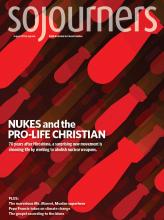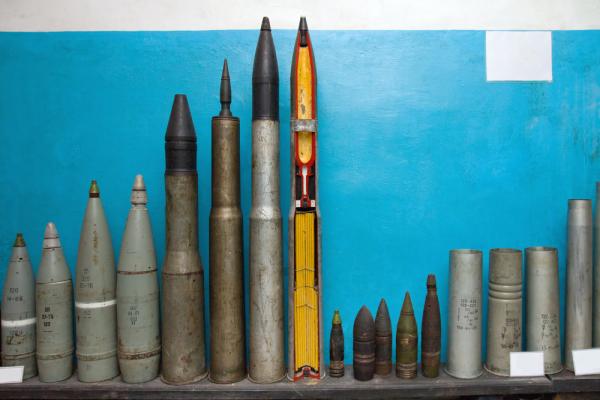FOR NUCLEAR-WEAPONS watchers, the promise of the 2008 presidential campaign feels like a lifetime ago. Both Barack Obama and John McCain had endorsed the goal of a world without nuclear weapons. They were bolstered in doing so by the nonpartisan gravitas of four Cold War éminences grises who had rocked the foreign-policy establishment by arguing in The Wall Street Journal that nuclear deterrence couldn’t be trusted to keep the peace in the post-Cold War era. Instead, complete elimination of all nuclear weapons was the only way to ensure they would never again be used.
The promise of the campaign seemed to be confirmed by President Obama’s decision to declare, in a major speech in Prague within his first 100 days in office, that he “sought the peace and security of a world without nuclear weapons.” His subsequent Nobel Peace Prize was awarded, in no small part, for the promise of the Prague address.
It’s basically been downhill from that speech.
Yes, the 2010 New START agreement ensured continued bilateral reductions by the U.S. and Russia, which together possess more than 90 percent of global nuclear stockpiles (down to 16,000 from a peak of 65,000 in 1986). But New START didn’t change the fact that both countries still have enough weapons on high alert to devastate all life on the planet.
Read the Full Article

